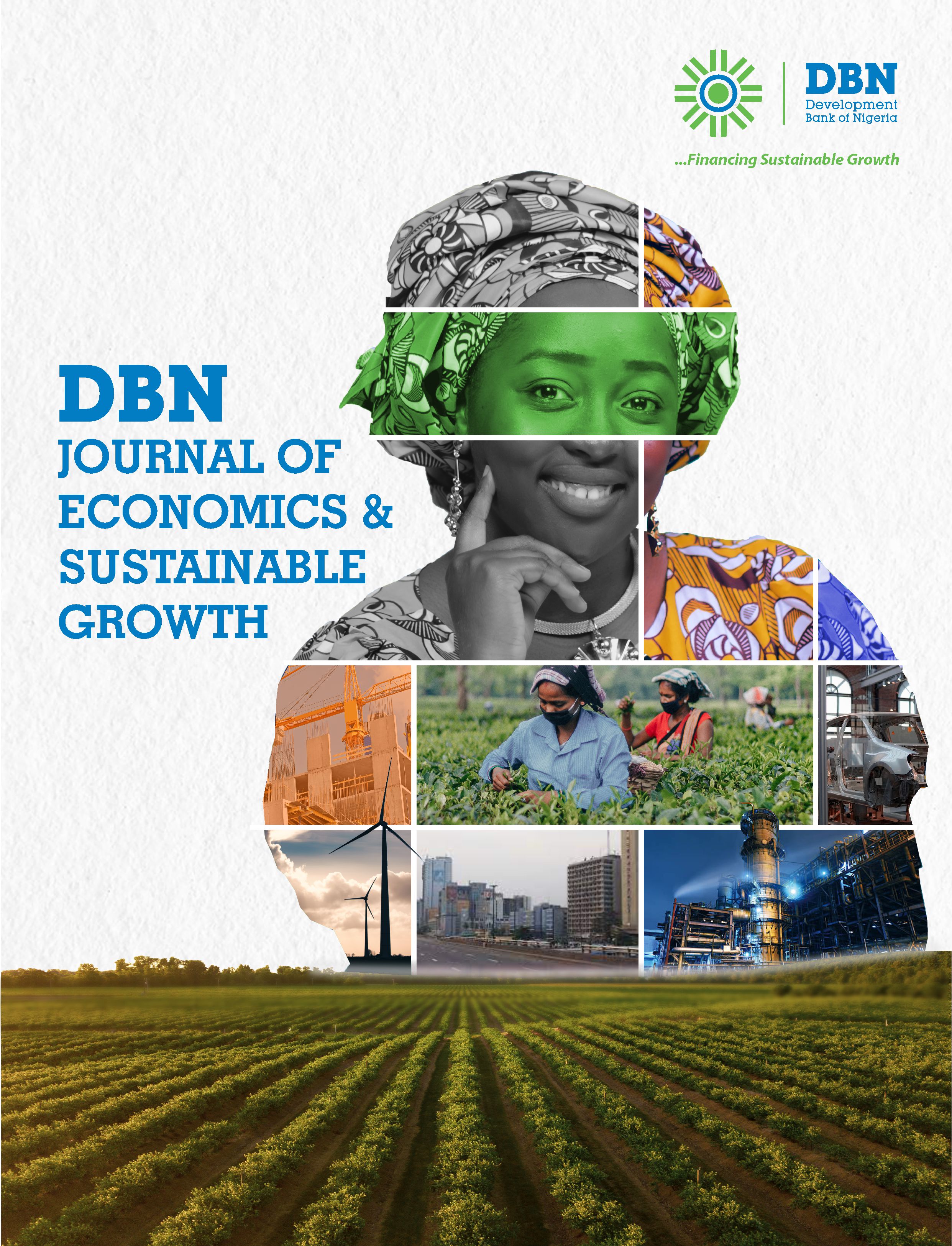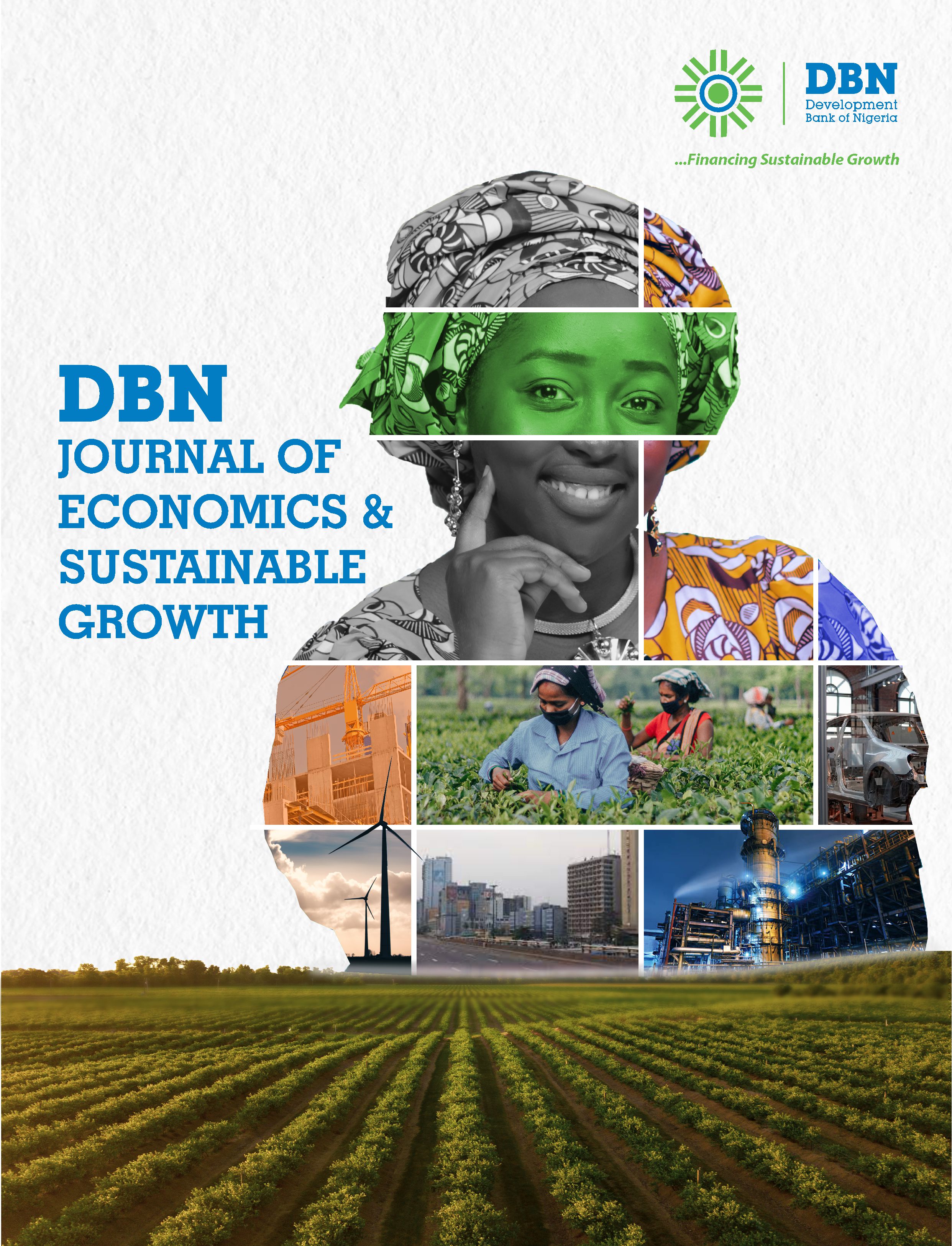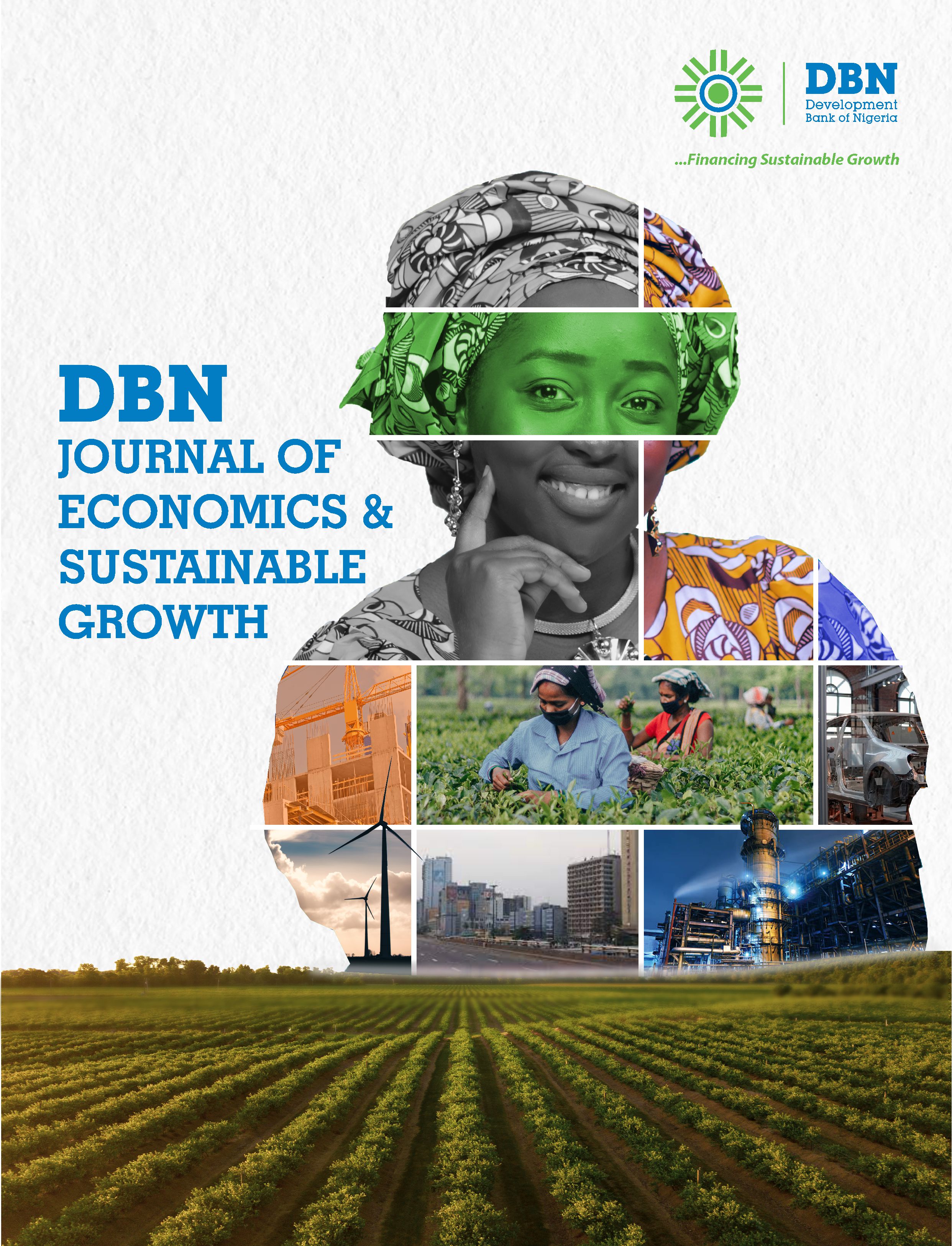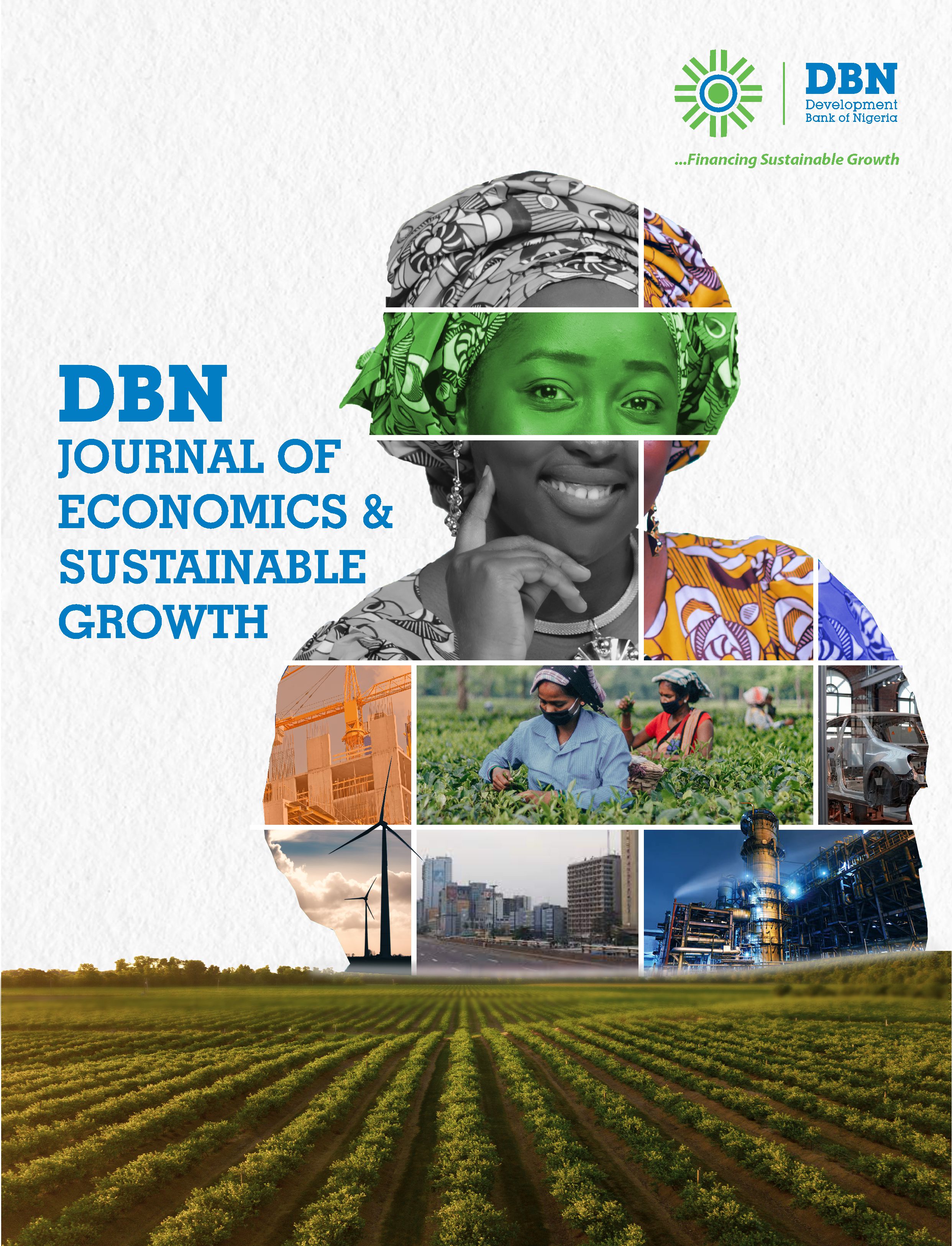
Publication Information
Published by: Admin
Published: 1 year ago
View: 301
Pages: 25
ISBN:
Abstract
The paper examines the effectiveness of monetary policy in inflation control in Nigeria using time series data spanning the period 1981-2021 within the framework of a non-linear autoregressive distributed lag (NARDL) model. The asymmetric effects of the monetary policy rate (MPR) and the actual liquidity reserves ratio (LRR) on inflation are examined. The study finds that in the short-run, upward adjustment of the MPR (tight monetary policy) tends to reduce inflation, but both the contemporaneous and one-year lag inflation effects are not significant. Downward adjustment of MPR and upward adjustment of actual LRR are found to engender higher inflation with a one-year lag in the short-run. The study further provides evidence in support of Sargent-Wallace “Unpleasant Monetarist Arithmetic”. Specifically, it is found that in the long-run, positive change in the MPR is associated with higher inflation, while a negative change in MPR is associated with lower inflation. Reasons adduced for these observations include consistent fiscal deficits, inelastic demand for cash balances, low income levels, inelastic demand for loans, and so on. It also finds that in the long run, downward adjustment of the actual LRR is associated with higher inflation, while upward adjustment of same is associated with decrease in inflation. Based on these evidence, it is recommended that to reduce inflation in Nigeria in the long-run, the MPR should be adjusted downwards by the central bank. This policy action may be supported by the deposit money banks by adjusting their LRR upwards and embracing optimal lending practices.
Oziengbe Scott Aigheyisi Dr
Related Publications

VOLUME 6 ISSUE 2 2024
Nexus of Poverty Alleviation, Entrepreneurship, and Economic Growth: A Comparative Analysis

VOLUME 6 ISSUE 2 2024
Industrial Sector Performance – Poverty Reduction Nexus in Nigeria: The Moderating Role of Financial Development

VOLUME 6 ISSUE 2 2024
Information and Communication Technology Adoption and Financial Development in a Digital World: Empirical Analysis from Nigeria
